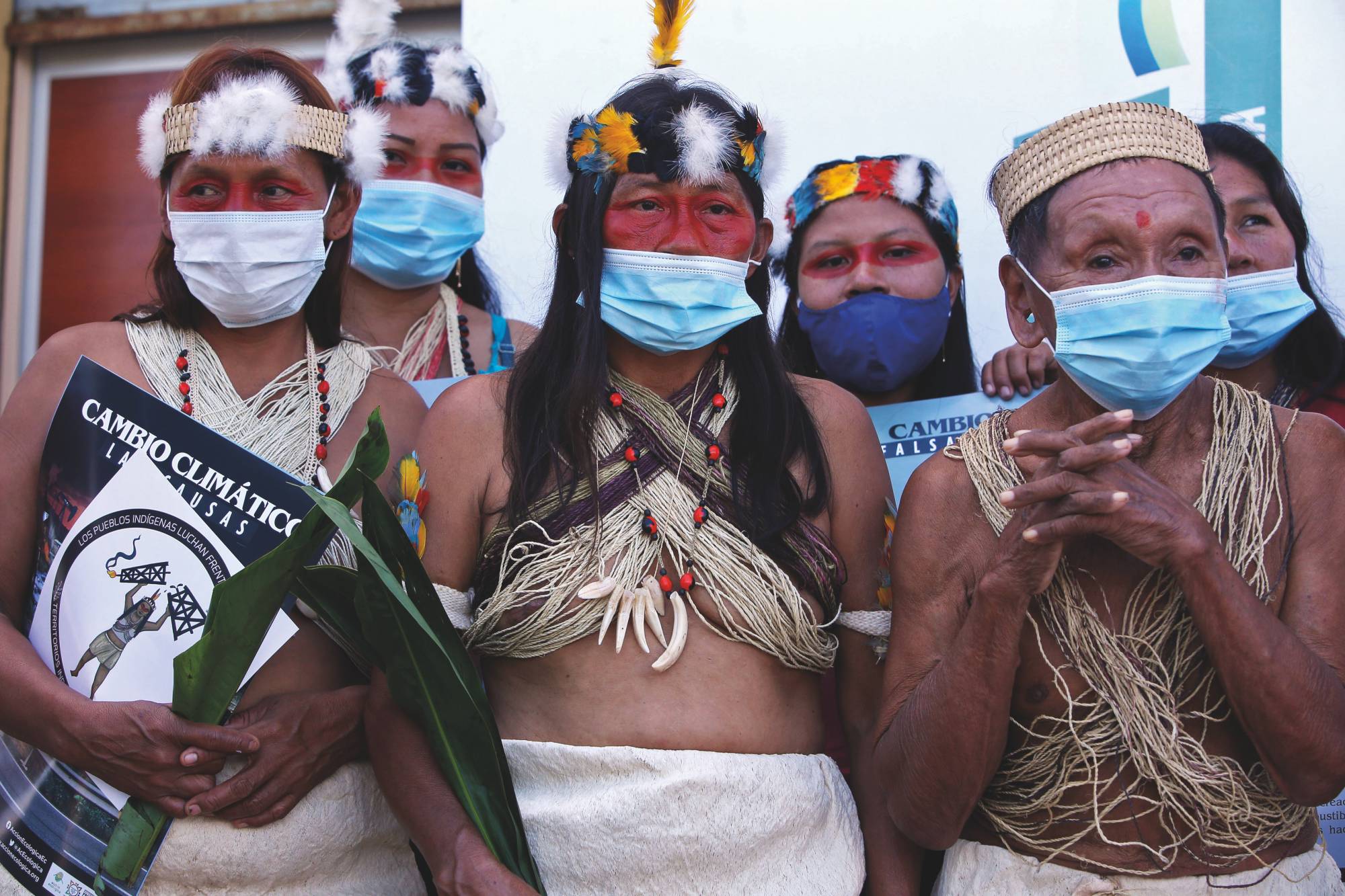As a born optimist, I consider 2021 to have been a year of recovery. The COVID-19 pandemic is not yet over, but there is a ray of hope for a better tomorrow in both the health sector and the wider economy. Safe and effective vaccines have reduced COVID-19 deaths, while governments’ fiscal interventions have helped to spur economic growth. But the global recovery remains uneven, owing to countries’ varying pre-pandemic economic conditions and divergent stimulus policies.
To be sure, COVID-19 vaccines have been a game changer. Rising vaccination rates boosted herd immunity, creating opportunities to ease restrictions and jump-start the economy. Yet, while multilateral institutions have made efforts to ensure fair global distribution of vaccines, many developing countries are still struggling to secure enough doses for their citizens while advanced economies deploy vaccines at warp speed. This is underpinning an uneven global recovery and exacerbating inequity.
Because we are only as strong as our weakest link in the fight against the pandemic, global collaboration is imperative. Every country wants to control the virus and return to normal life. Multilateral institutions should therefore assume a larger role in ensuring that all of them can deliver their vaccination programs promptly.


















With your current subscription plan you can comment on stories. However, before writing your first comment, please create a display name in the Profile section of your subscriber account page.